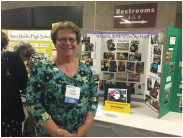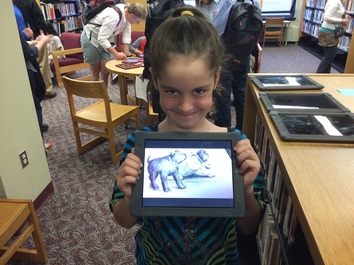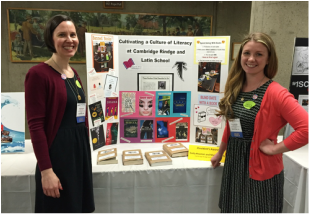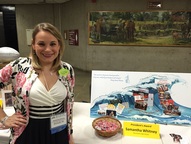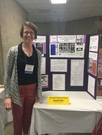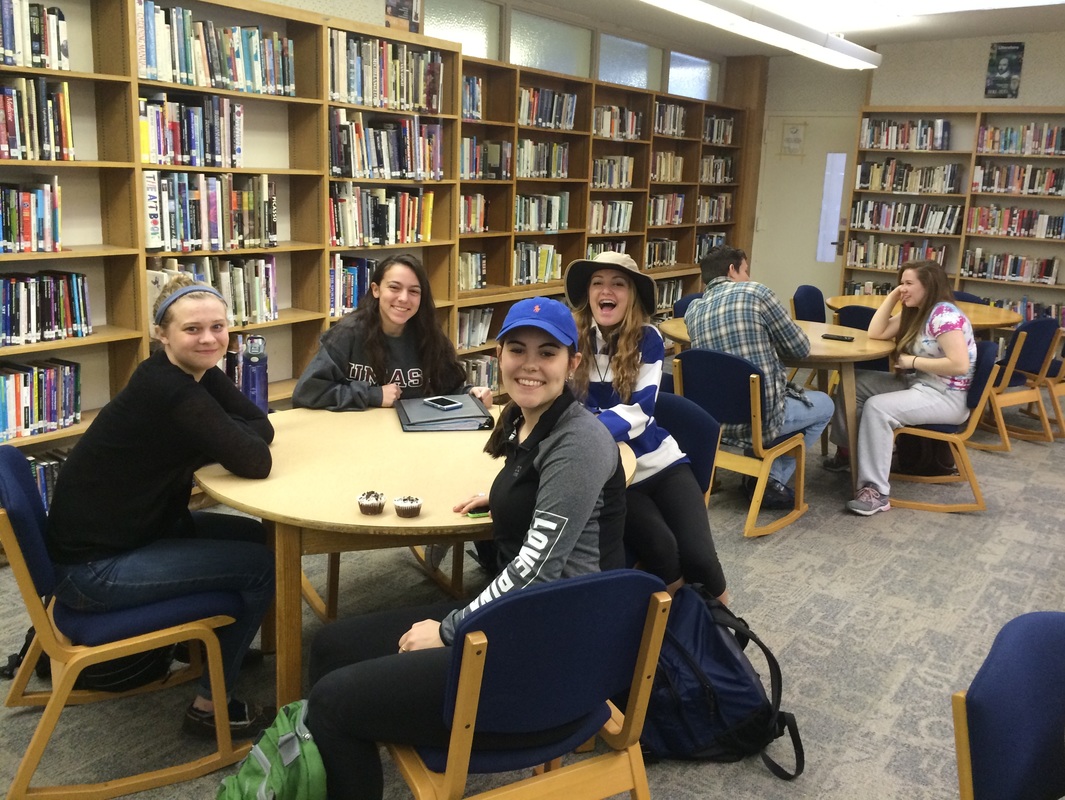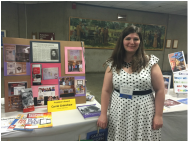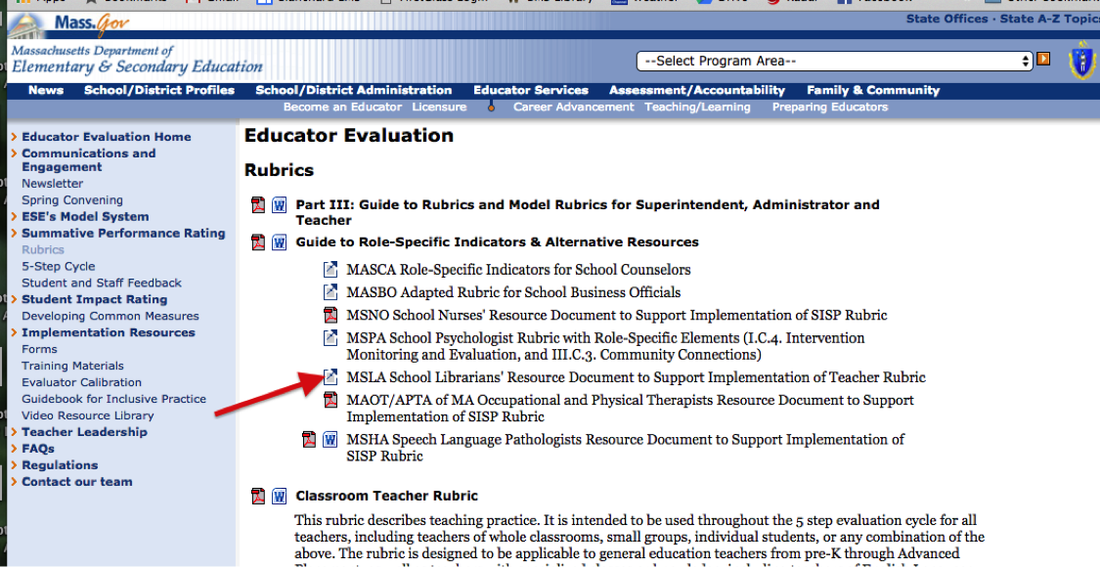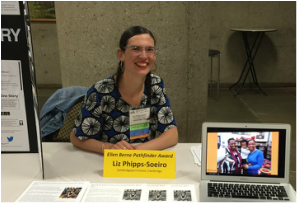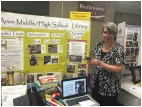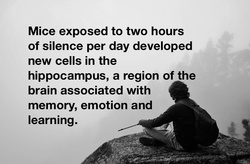
Silence is something I seek daily. This topic has been on my mind a lot as my library gets busier and louder. Instead of a full maker space lab, I am researching ways to bring silence to my library and lab space without interfering with the positive impact of a collaborative learning commons. Silent reading and reflection still hold an important role in my teaching philosophy and in my Bibliotherapy work as a librarian.

